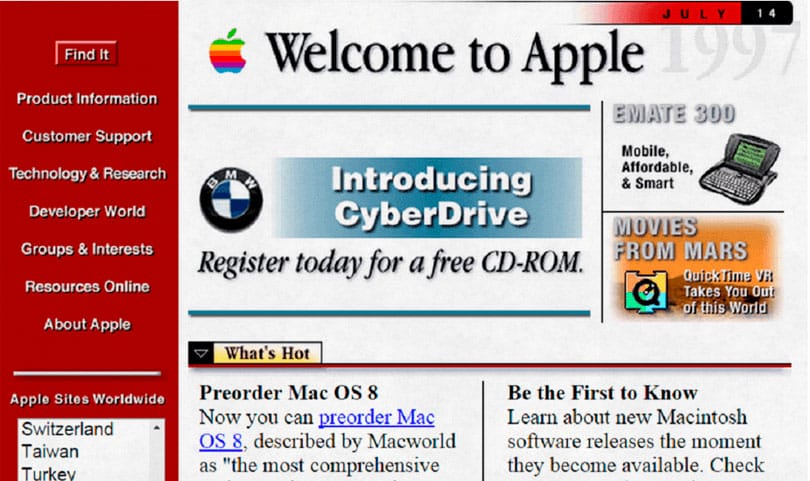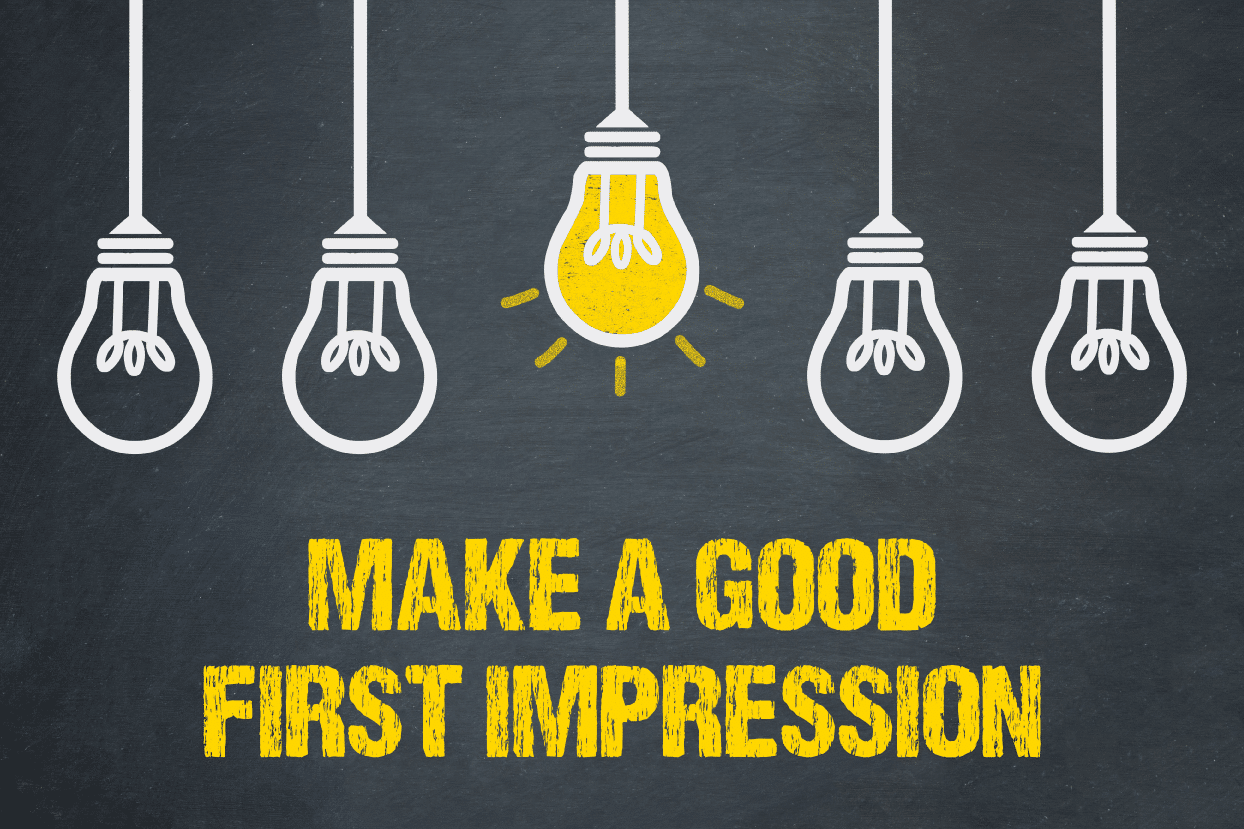What is Website Design?
Website design is vital to the internet. But what does it involve, why is it important and what skills are required to attain a quality product.
Keep reading to learn,
- What is website design?
- Why is website design important?
- What constitutes and good looking website?
- What are some common website mistakes?
- What skills make a good website designer?
Website Graphic Design
This is web design applied to a website’s visuals, or scenery. It involves the colors, images and fonts to the general layout of its pages.
The most important task of graphic design is to converge the brand’s identity into the website’s design. The visitor must be able to relate to that and properly see the page as part of that business’s presence.
Interface Design (UI)
Web design work also refers to interface design, or structure. Not only does it apply to traditional websites but it involves mobile apps, games, computer programs and several other products too. An interface is anything that serves as an intermediary between the end-user and the system.
The idea is to deliver an interface that is simple, intuitive, and adapted to the target audience’s uniqueness.
User Experience (UX) Design
The look and feel of a digital interface also requires a good user experience. Otherwise, your audience will bounce to a competitor.
A website designer is tasked with creating a worthwhile experience, which means understanding your end-user’s needs and delivering on those needs. Interacting with your business should always be a positive moment for your prospective clients, which means having no road blocks and always enabling them to accomplish their goals.
Search Engine Optimization (SEO)
Last but absolutely not least, web design also involves working with search engine optimization to make sure that search engines properly index your content. This helps your message reach better positions on the search results ranking, therefore reaching a wider audience that is looking for your solution.
Even though some aspects of SEO are related to content writing, the design of your website also plays a role. Your website’s code must be clean and that usability does not hinder the end-user’s experience. All of those factors are decisive in determining your ranking position.
Why is Website Design Important
First impressions matter. This point can’t be stressed enough; if you don’t have a strong web presence, you’re holding your brand back.
Prospective customers who search the web for your brand and find nothing might think you are no longer in business. If they search and find something inferior, they’ll get the feeling that you don’t care much about your company, product or clientele. Make every relationship that begins on your website great by getting your web design right.
Now let’s look at some tell-tale signs of great web design and what distinguishes it from a “not so great” web design.
What does great website design look like?
Good web design is not subjective. Other design types, like illustration, sticker design or clothing, is up to the viewer’s taste. With web design, the line between “good” and “bad” is much more defined. A well-designed website is a site that perfectly creates the experience your user/potential client is looking for.
Good website design is a design that converts. In tech-speak, “convert” means getting the user to take a specific action. When a user follows through with an action that your website designed them to take, your site made a conversion. Conversions can be anything, like signing up for a newsletter, making a purchase, opening an account or requesting more content on the website.
Effective website design brings a few particular elements together to promote conversions.
These include:
- Good use of negative space
- Choices that are clearly presented
- Accessible calls to action
- Limited distractions
- Mobile friendly design
- Good font style and size choices
- Content that appeals to the desired user
- Balance between test and imagery
Aesthetic design choices affect conversions. Your website must be enticing—especially to your prospective user, so try to discern what style is going to speak to them.
Invest in beautiful images that work with your brand. Avoid stock photography.
Remaining true to your brand is the key to a successful website design. Even the best websites are useless if it doesn’t match your brand.
Of course, good web design isn’t just functional. Visitors like websites that are engaging and fit the brands’ aesthetics. No matter how you achieve it, meshing an on-brand, engaging look with design elements that convert is how you succeed at website design.
What doesn't work?
We’ve discussed good design. Now let’s examine the other side of the coin.
As a general rule, visitors should not have to labor to use your website. The whole experience of using your site should be straightforward and intuitive.
Here are some examples: Clear calls to action are great web design; hidden ones are bad web design. High contrast fonts are smart, effective web design; low contrast fonts that are hard to read are poor web design.
Here are a few other elements to avoid:
- Distracting images and background
- Non-responsive design
- Unclear links and buttons
- Irrelevant stock photos

Certain web design elements, like table layouts, aren’t inherently good or bad choices. They can be used in effective ways, but taking care to do them right is a must.
Another tricky web design element is animation. It’s not 2010 anymore, you shouldn’t have animations trailing the user’s cursor. But an animated exit pop-up that brings visitors’ attention back to your site and gets them to convert? You bet.. It’s all about placement.
Considerations when designing a website
Website design is a powerful business presentation. However, it needs to be based on smart decisions during your planning and execution stages. Making the wrong choices can have a negative impact on your entire online brand presence.
Certain factors must be considered when designing a website to guarantee quality. Below are the most important ones.
Aesthetics
When people discuss web design, this is their primary thought. Although, it is not the only one that is important.
Your brand’s identity dictates your website’s artistic taste and it must be well concise in your website design. Making sure your online presence matches your colors, styles, and feel is of utmost importance. Be careful not to over do it, as too many elements might bog down your visitor’s experience.
Usability
Never forget that real people will use your site, so the design must have good usability. But what does that mean?
Usability means being able to be browsed by an audience of multiple ages, backgrounds and specialties. Simplicity is one of its most important principles. This requires you to strip down the amount of menus and options. Put yourself in the user’s shoes and think of what they would consider intuitive.
Content Quality
Even if all the other web design elements work well, they are nothing compared to premium content.
That is why so many businesses choose Content Marketing firms so that they always have quality content that people will want to read and share. This job requires making sure your pages add value to your visitor’s time by offering the right solutions.
Speed
Studies have shown that, if your page load time surpasses three seconds, your bounce rate tends to rise by 40%. That isn’t good.
Page load speed involves finding a balance between all your elements and the strain they take on your visitor’s browser and internet connection. Website performance is imperative to engage potential customers.
Responsiveness
Mobile devices account for almost 50% of online traffic. This means that, if your website does not load correctly on smartphones and tablets, you might be losing more than half of your potential audience.
Avoid that by ensuring that your website design strategy makes sure that your content is mobile-friendly. This means having pages that load and adapt appropriately to multiple screen sizes and access conditions.
What skills makeup a skilled website designer?
Considering the importance of web design for your brand, it is imperative that the professional that plans and executes it has to have certain skills to bring quality to their work. Otherwise, the entire project might be hindered and unable to reach its goals.
Here are some of the most important skills a website designer must have.
Website Design Tools
A majority of website design work is done through special tools and programs that require annual subscriptions. Knowing your way around them is essential to delivering quality and speed when working in this field.
The first step involves learning what the job requires so you can pick the right programs. Most website designers subscribe to the latest programs and specialty tools. This cost is something that a person developing their own website would not desire to incur, hence the cost of hiring a professional website designer.
Communication
Good communication is essential for any project to be completed. Being a good communicator is valuable in any field. People who work in web design are responsible for a business’s visual presentation, therefore they need to be able to explain how their decisions reflect the project’s goals and uniqueness.
Tech Skills
Conding knowledge is required to work in web design. The primary languages are HTML (Hypertext Markup Language) and CSS (Cascading Style Sheets), with each one performing a different job.
HTML and CSS coordinate how elements are displayed on web pages. A skilled web designer is able to accurately implement the design by using the correct language to accomplish the end result.
UX/UI
Web designers must be skilled at UX/UI.
UX design involves work related to user experience. It means tying everything together to make sure your target audience is satisfied with you are creation, whether it’s a website or an application.
UI design refers to work on user interfaces. Designers must be skilled at creating structures that are easily understood so users can achieve whatever tasks they need when using your product or service.
If it makes it easier, think about a long road trip you have taken in the past. UX is the scenery and UI is the signage.
SEO
Good web design is also able to make sure the content is indexed appropriately by search engines and provides good visibility for its business. This is why website designers need to have knowledge of SEO when working in this field.
Most assets on a website factor into its ranking, which is something that applies to text, images, and code. This also requires knowledge of how content management systems work and can be optimized.
Having a website designer that is privy to SEO is an absolute must.
Time Management
Another skill that is highly important for website design is time management. It means finding ways to achieve your goals within specifications while under time constraints
Each stage needs to have projected hours considering the budget and deadline. Thus, web designers need to be able to work around that.
Creating a successful website
By taking a hands-on role in your website’s design process, you’ll guarantee a website that meets or exceeds your expectations. Tell your web designer about your brand, your voice and what you plan to achieve with the website. The more information they have, the more equipped they are to deliver the perfect web design for you. Explain your vision to them and then let them work their magic.


